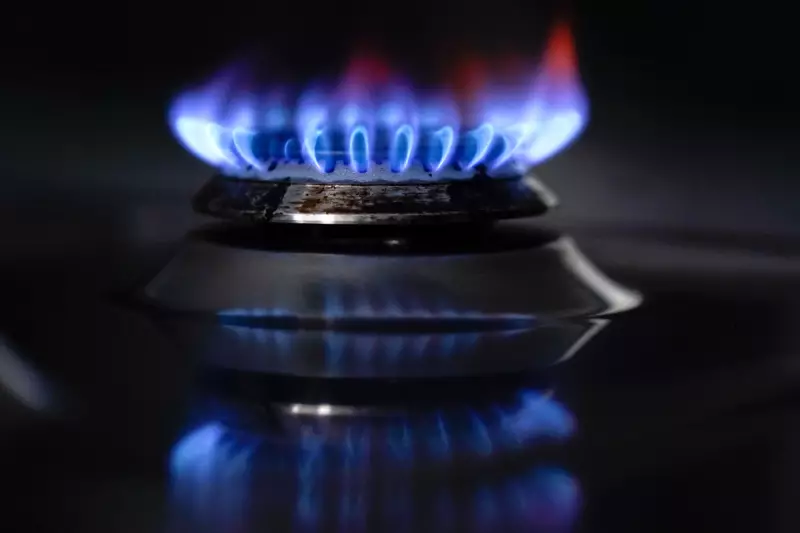
Energy Price Cap Set for Small January Increase
Millions of households across Great Britain will see a slight increase in their energy bills from the start of the new year. The energy regulator, Ofgem, has announced its price cap will rise by 0.2%, effective from 1 January 2025.
This adjustment means the average household paying for dual-fuel gas and electricity by direct debit will see their annual bill rise from £1,755 to £1,758 – an increase of approximately 28 pence per month.
Breaking Down the New Energy Costs
While the overall increase is minimal, the structure of bills is changing. The daily standing charges, which are fixed fees for having a connection to the energy grid, are set to rise. These will increase by 2% for electricity and 3% for gas, adding up to an extra 2p per day for consumers.
Ofgem highlighted that a significant factor behind the rise in standing charges is the cost of funding the government's Warm Home Discount scheme. This initiative is being expanded this winter, making 2.7 million more low-income households eligible for a £150 discount on their bills, including 900,000 families with children.
It is crucial to understand that the price cap does not set a maximum total bill. Instead, it limits the rate you pay per unit of energy and the daily standing charge. Your final bill still depends on how much gas and electricity you actually use.
Volatile Markets and Policy Costs
The small rise comes as a surprise to some industry analysts, who had predicted a 1% fall in the cap due to lower wholesale energy prices. Ofgem acknowledged that wholesale prices have fallen by 4% over the last quarter and are currently stable, but described market conditions as remaining "volatile".
Other factors influencing the cap include government policy costs. Notably, funding for the Sizewell C nuclear project is estimated to add around £1 per month to household energy bills.
Tim Jarvis, Ofgem's Director General of Markets, stated: "While energy prices have fallen in real terms over the past two years, we know people may not be feeling it in their pockets. The price cap helps protect households from overpaying for energy. But it’s only a safety net."
The government has also weighed in. Martin McCluskey, the Minister for Energy Consumers, emphasised the action being taken, saying: "We know that energy bills remain too high... with millions more families receiving £150 off their bills through the expanded Warm Home Discount scheme this winter."
Concerns and Calls for Further Action
Despite the modest increase, consumer groups have expressed deep concern. Dame Clare Moriarty, chief executive of Citizens Advice, warned that this change "will mean another tough winter" for the millions already in energy debt.
She urged the government to use the upcoming Budget to implement longer-term solutions, such as shifting some policy costs from electricity bills into general taxation, a move that could save households hundreds of pounds.
Echoing this sentiment, Dhara Vyas of Energy UK highlighted the "urgency" of bringing down bills, especially with the recent drop in temperatures. The industry body is also advocating for the removal of certain levies from electricity costs to provide more widespread and lasting financial relief for customers.
Ofgem also pointed out that around eight million customers who pay by standard credit, rather than direct debit, could save money by switching their payment method.





